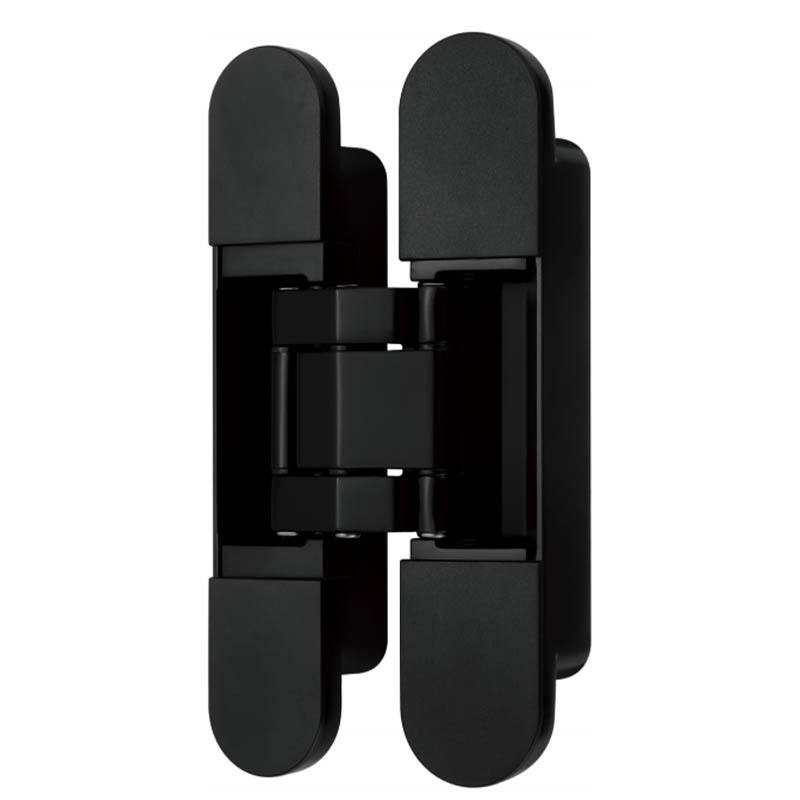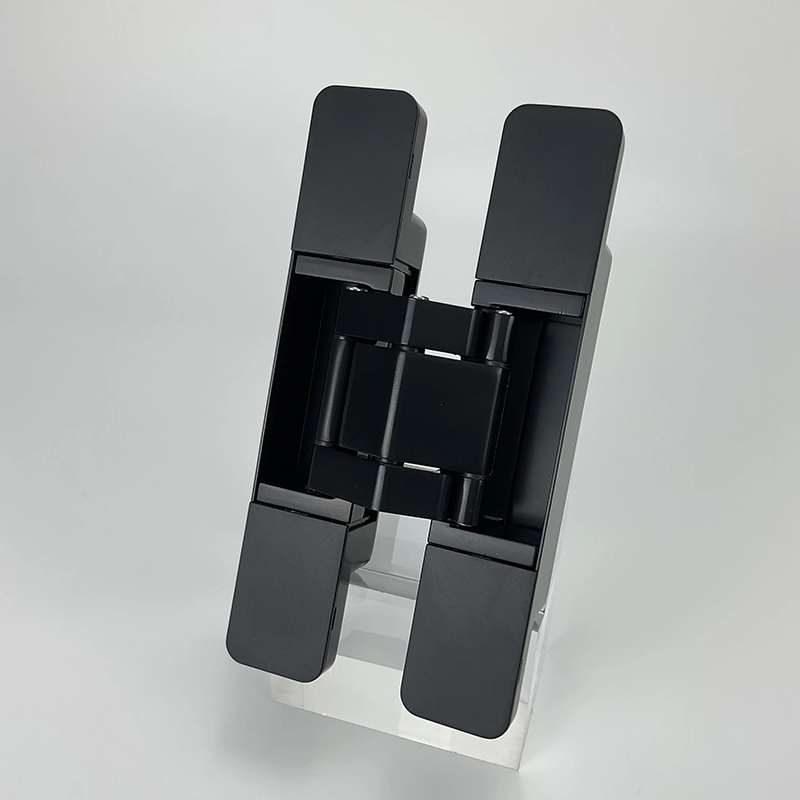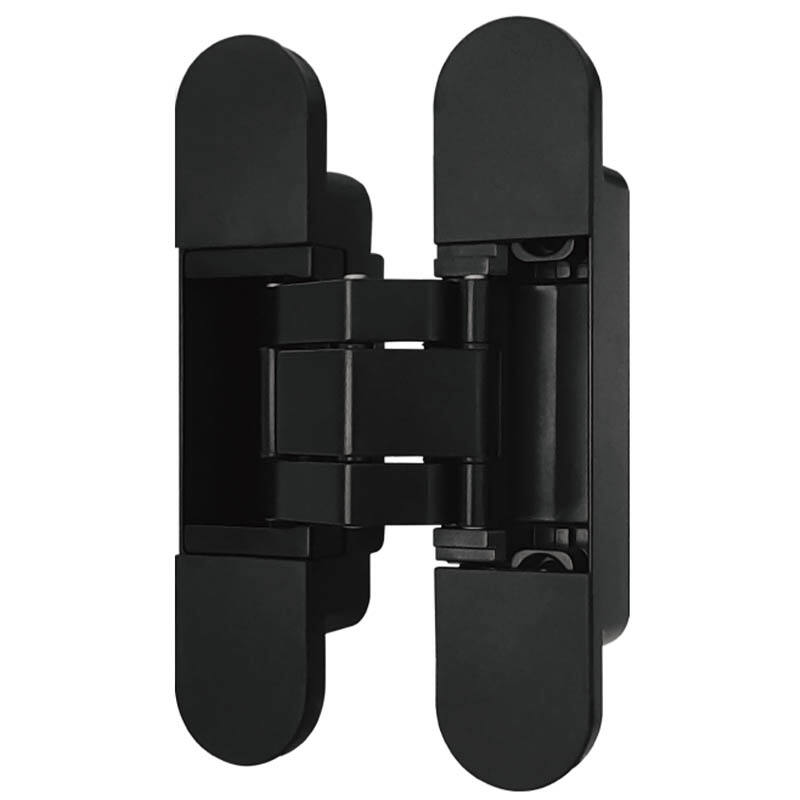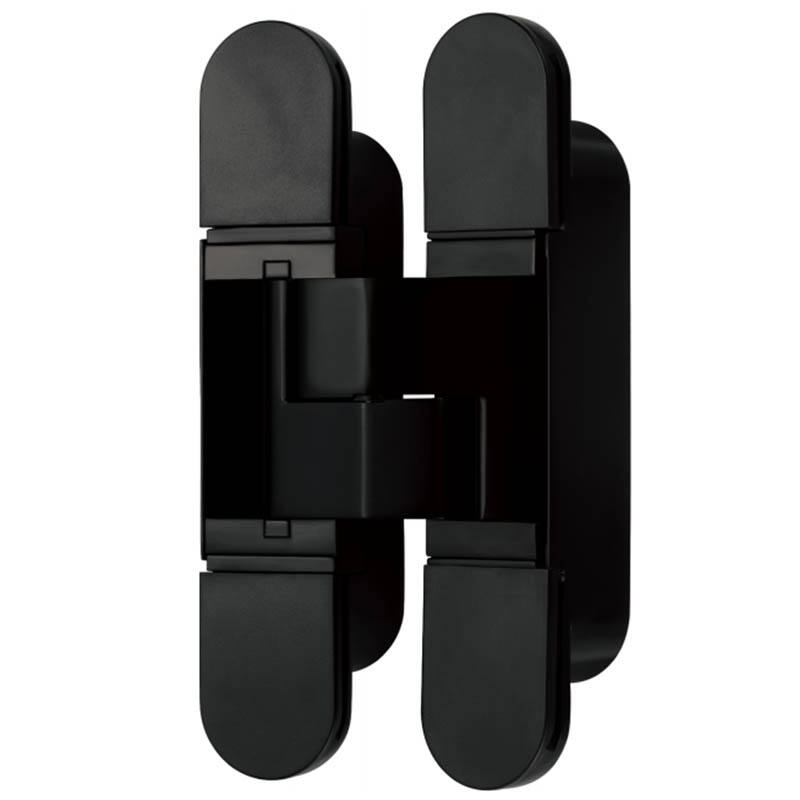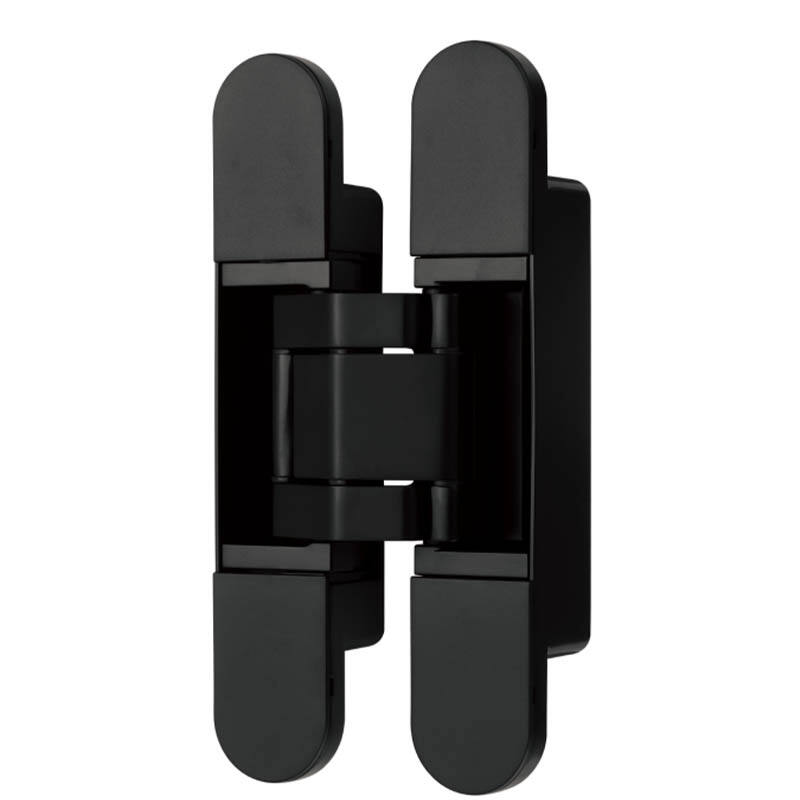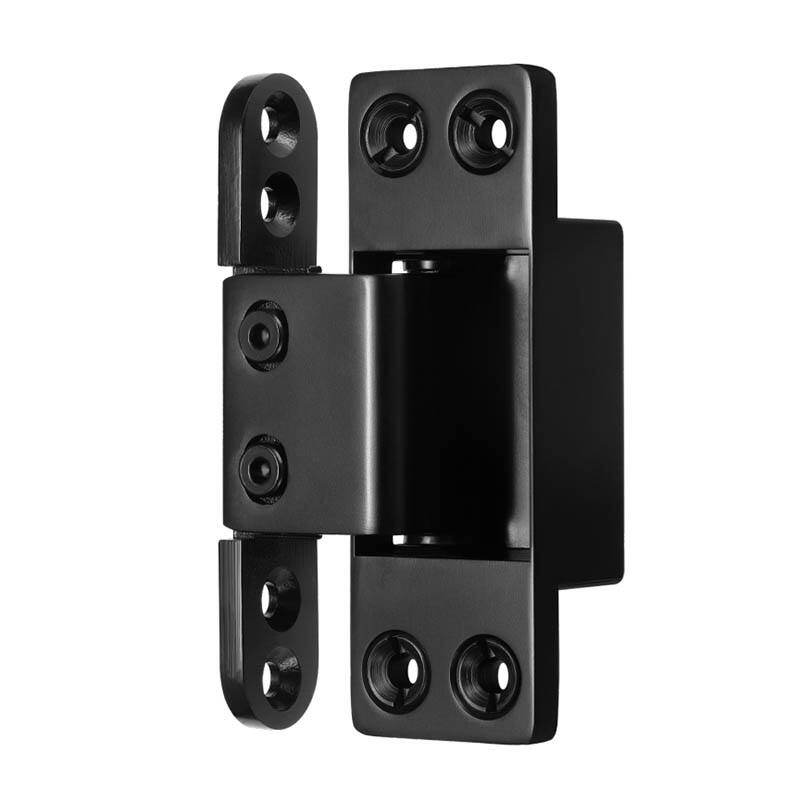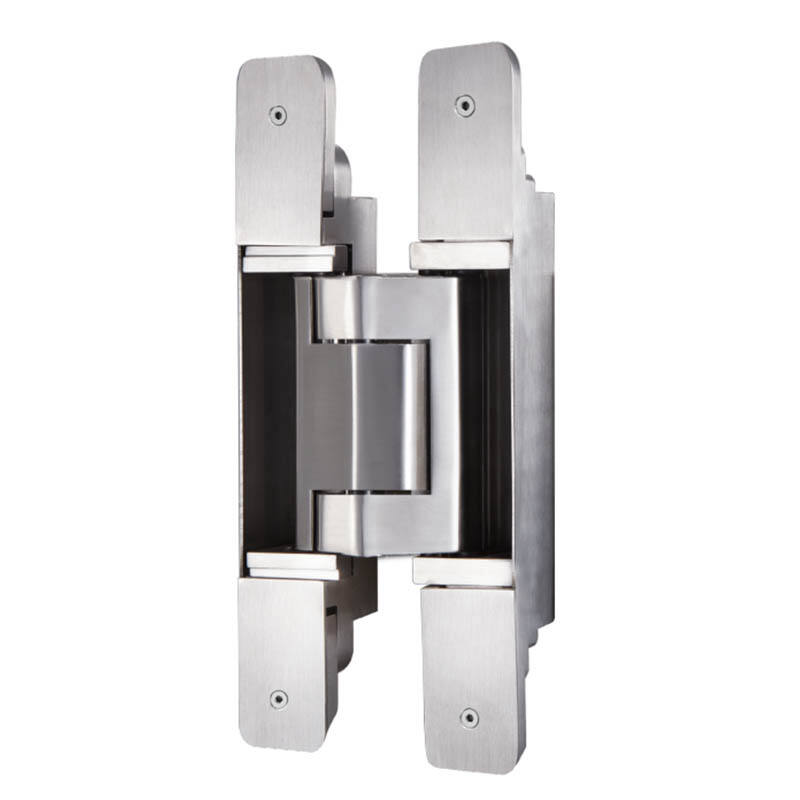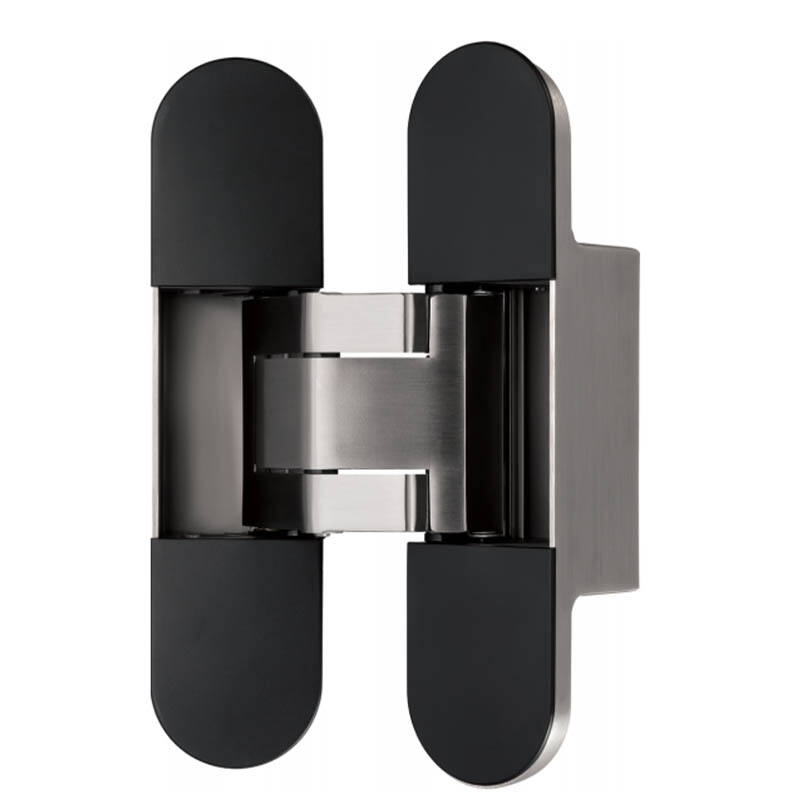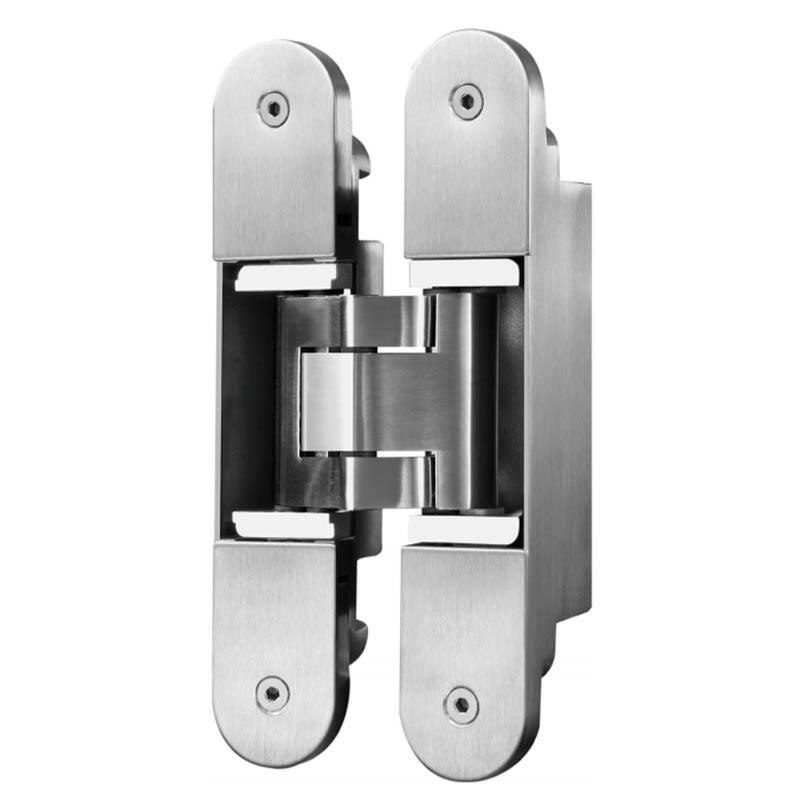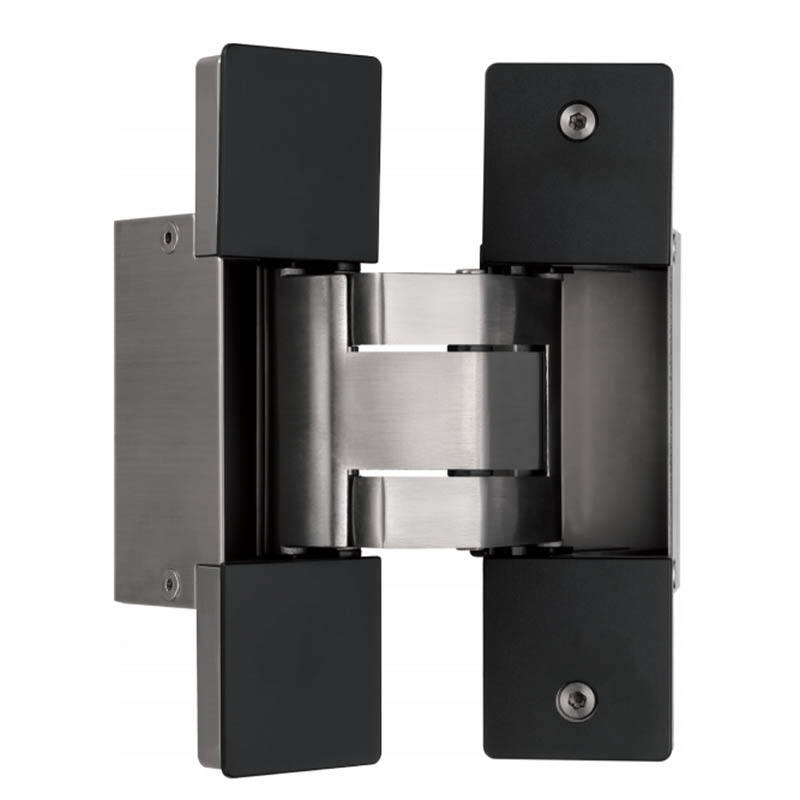How to maintain hinges? Tips to extend service life
Understanding Hinges: Types and Their Functionality
A hinge is basically a mechanical gadget that lets two pieces pivot against each other. We see them everywhere really doors on houses, cabinet panels, even garden gates all rely on hinges to stay attached while still moving. What makes a good hinge work well? Well, it needs to hold things together but also allow smooth movement so whatever's connected can open and close without sticking or breaking down over time. That balance between strength and flexibility is what keeps our everyday objects functioning properly day after day.
There are several kinds of hinges out there, each designed for different purposes and applications. Butt hinges probably show up most frequently on regular doors because they're straightforward to install and just work reliably day after day. Then we have those continuous hinges sometimes called piano hinges since they run the entire length of whatever they're attached to. These are great when dealing with really long panels or particularly heavy doors that need extra support along their whole edge. For cabinetry where looks matter a lot, concealed hinges become the go to option. They hide completely inside the door frame so nobody sees them at all, which keeps everything looking neat and tidy. And finally there's pivot hinges that let doors swing around a central axis rather than hinging on one side. This gives doors a bit more freedom of motion compared to traditional setups, making them popular choice for certain architectural styles where aesthetics meet functionality.
Invisible hinges provide an aesthetic advantage in modern design by remaining entirely hidden from view when the door is closed. Their design ensures a sleek and uninterrupted surface, maintaining a contemporary style without visible hardware.
Adjustable hinges offer multiple benefits, from straightforward installation to the capability of making small tweaks to door alignment as needed. The real value becomes apparent when doors must stay precisely aligned, think about industrial machinery rooms or busy retail spaces where even minor misalignments can cause problems. These hinges cut down on regular maintenance headaches because technicians can simply tweak them rather than replacing entire components. For facility managers dealing with dozens of doors across different buildings, this feature saves both time and money in the long run while keeping operations running smoothly without unexpected disruptions.
How to Maintain Hinges for Longer Service Life
Proper maintenance of hinges makes all the difference when it comes to how long they last and whether they keep working right. Taking time to inspect them regularly helps track their condition before things start going wrong. Look out for signs like misalignment, rust spots, or anything else that seems off. Spotting these issues early means fixing small problems instead of dealing with big repairs down the road when damage gets worse. Most folks find this approach saves money in the long run while keeping doors and windows functioning smoothly without unexpected breakdowns.
Keeping hinges clean and properly lubricated should definitely be part of any regular maintenance routine. The right tools really do make all the difference when doing this kind of work. For cleaning, grab a soft cloth or small brush to wipe away dust and grime without damaging whatever surface they're attached to. When it comes time to lubricate, most folks find that silicone spray or good quality grease works best for keeping those hinges moving freely. I've found silicone spray particularly useful because it doesn't attract dirt and stands up well against damp conditions, which makes it great for places where moisture tends to collect over time.
Getting the right tools and products makes all the difference when it comes to keeping those hinges running smoothly. When it comes to lubrication options, silicone spray works great because it stays clean and won't pick up dust and grime like other sprays might. For tougher jobs where doors need extra strength support, lithium grease tends to be the better choice, especially on those hidden hinges inside furniture or cabinetry. Just don't go overboard with any lubricant application though - too much can actually create problems by attracting dirt buildup that will gum things up over time. A little goes a long way here. Stick with regular checkups, give them a good wipe down now and then, and make sure to use what works best for each situation, and those hinges should last years longer than they otherwise would.
The Role of Lubrication in Extending Hinge Durability
Getting the lubrication right makes all the difference when it comes to how long hinges will last and keep working smoothly. Picking out the wrong stuff can really shorten their life span though. Most people who know what they're doing suggest going with either silicone based lubes or good quality machine oil depending on what kind of hinges we're talking about here. For those hidden ones behind doors or the heavier duty models used in industrial settings, these particular oils do an excellent job at fighting off wear and rust over time. That means our hinges stay functional longer without needing constant maintenance or replacement.
Want to keep those hinges running smoothly? Start by cleaning off any dirt or grime from the hinge itself. Once it's nice and clean, apply just a little bit of lubricant to where the hinge actually moves. Focus especially on that metal pin part and the spots where the hinge turns. After applying, go ahead and open and shut the door a few times so the oil gets spread out properly through all the moving components. Most folks find doing this about twice a year works pretty well, though if the hinges start making noise or feel rough when moving, it probably needs another coat sooner rather than later.
Don't fall into those usual traps when applying lubricants if good maintenance is what we're after. Putting on too much grease actually draws in dirt and creates buildup that messes with machinery over time. And let's talk about picking the right stuff for the job. Many folks reach for WD-40 thinking it works everywhere, but this product really isn't designed for long term protection against wear and tear. When someone takes care to avoid these pitfalls, hinges stay functional longer without getting stuck or damaged prematurely. The payoff? Less frequent replacements and smoother operation across all kinds of equipment where moving parts matter most.
Adjusting Hinges for Optimal Performance
Spotting problems with door hinge alignment matters a lot if we want our doors to work right over time. When something's off, there are usually telltale signs. Doors might leave noticeable gaps against their frames, get stuck halfway through opening or closing, or make annoying sounds like squeaks and creaks. All these issues point to misalignment problems. Left unchecked, they can really take a toll on both the door itself and those metal hinges holding everything together. What starts as a small annoyance often turns into bigger repair costs down the road.
When it comes time to tweak those hinges so doors align properly, there's a straightforward way to go about it. First thing's first figure out which ones actually need work. With regular hinges, just back off those screws a bit, shift the door where it should be, then tighten them again. Adjustable hinges are different though they come with little adjustments built right in, so play around with those settings until the door fits nicely into its frame without gaps or sticking. Getting this right makes opening and closing much smoother, and honestly saves headaches down the road when doors start swinging open on their own or getting stuck halfway through.
Adjustable hinges, including those hidden ones we often call invisible or concealed types, really boost how well doors work because they let folks tweak things exactly where needed. What makes these so great is that someone can fix alignment issues without taking the whole door off the frame. Saves tons of time honestly, and gets rid of those annoying gaps or sticking problems fast enough. Doors just run smoother after that kind of adjustment, which everyone appreciates when opening and closing them throughout the day.
When to Replace Hinges: Signs You Should Not Ignore
Knowing when hinges are getting worn out or damaged matters a lot if we want our doors to work properly and stay safe. Look out for things like rust spots, visible cracks, or when the door starts to sag one side lower than the other these usually mean it's time to think about replacing those old hinges. Doors that wobble around too much, keep making that annoying squeak no matter what, or just won't open and close without resistance are also telling us something's wrong. If we ignore all this stuff, bigger problems tend to happen eventually. Misaligned doors become a real issue not only because they look bad but also because people might trip on them or get hurt somehow.
Picking out replacement hinges requires looking at several key aspects including what they're made from, how much weight they can handle, and whether they'll work with whatever structure already exists. Materials matter a lot here – stainless steel and coated aluminum tend to last longer and stand up better against weather and corrosion, which makes them great choices for areas where moisture is a problem. Don't forget about weight either. A hinge that's too light won't hold up under regular use, while something too heavy might damage the door frame over time. Most hardware stores carry charts showing weight capacities so shoppers can match specs properly. Getting this right means fewer headaches down the road when doors start sagging or breaking after just a few months.
For areas requiring more robust solutions, exploring heavy-duty hidden hinges can be beneficial. These hinges offer enhanced durability and can support heavier loads, making them suitable for industrial applications. Their concealed design not only supports the door's aesthetics but also contributes to its structural integrity, enhancing overall door durability.
Enhancing Hinge Lifespan Through Best Practices
Hinges play a really important role in how doors work, and there are ways to make them last much longer than expected. Don't reach for those strong chemical cleaners when dealing with hinges because these can actually cause problems down the road. Some cleaning products are just way too harsh and will wear off the protective layers on metal surfaces, leaving hinges vulnerable to rust spots and eventual failure points. Stick with gentle, nonabrasive solutions instead. This simple switch helps maintain both the look and performance of door hinges over time without causing unnecessary damage.
A regular maintenance schedule matters just as much when it comes to keeping those hinges working right. Take some time every so often to check if they're still doing their job properly and haven't come loose from their spots. Don't forget to give them a good shot of lubricant now and then too, while making sure all those little screws are tight enough but not overdone. Without this kind of attention, we've all heard doors start to squeak at the worst times or get stuck halfway open. Stick with these simple checks and the door will keep swinging smoothly for years longer than it otherwise would, saving money on replacements down the road.
Upgrading to hidden adjustable hinges can really boost how doors look while they work better too. The main thing about these hinges is that they tuck away all the metal parts so the door frame looks cleaner and more contemporary. Plus, most models let installers tweak things until everything lines up just right without any wobbling or sticking. Doors with these kinds of hinges tend to open and close much smoother and quieter than older models, which means less noise disturbance in homes or offices. For anyone thinking about replacing old hinges, this upgrade makes sense whether it's for a single room at home or multiple doors throughout a business building.
Benefits of Properly Maintained Hinges
Looking after door hinges makes all the difference when it comes to how doors work and stay secure. When hinges get enough oil and are properly aligned, doors swing open and shut without sticking or making noise, which actually helps prevent break-ins since faulty doors are easier targets. Industry research backs this up pretty consistently showing that doors maintained regularly last way longer than those neglected. And let's face it, fixing hinges costs far less than replacing entire doors down the road. Nobody wants to spend extra money on new hardware because old stuff failed early. So taking time to check and maintain those hinges isn't just good practice for security reasons, it saves cash in the long run too.
Recommended Products
Hot News
-
Hidden Hinges: The Invisible Solution for Seamless Design
2024-11-08
-
The Advantages of Alloy Concealed Hinges in Modern Architecture
2024-11-04
-
Shedding water in the big river, struggling to break the waves----Jibang Group's 2024-2026 business goals and 2024 annual business plan meeting was successfully held
2024-01-22
-
The wind is strong and the sails are sailing. It is the right time to work hard.
2024-01-22
-
The company established a special project team and discussed different technical issues with foreign engineers
2024-01-22
-
Endless Learning Empowers Development -- Establishment of Jibang College and Launching of Guanggong Jiban Metal Materials Class
2024-03-22

 EN
EN
 AR
AR
 HR
HR
 CS
CS
 DA
DA
 NL
NL
 FI
FI
 FR
FR
 DE
DE
 EL
EL
 HI
HI
 IT
IT
 KO
KO
 NO
NO
 PL
PL
 PT
PT
 RO
RO
 RU
RU
 ES
ES
 SV
SV
 TL
TL
 IW
IW
 ID
ID
 LV
LV
 LT
LT
 SR
SR
 SK
SK
 SL
SL
 VI
VI
 SQ
SQ
 ET
ET
 HU
HU
 TH
TH
 TR
TR
 MS
MS
 IS
IS
 LA
LA
 KK
KK
 UZ
UZ
 KY
KY
